Understanding Poppo Live Payment Failures: What’s Actually Going Wrong
Here’s the thing about Poppo Live payment failures – they’re frustrating, but they’re also pretty predictable once you know what to look for.
Most payment headaches stem from three main culprits: card declines, regional restrictions, and authentication problems. Card declines are the usual suspects here. We’re talking insufficient funds (happens to the best of us), expired cards that you forgot to update, billing addresses that don’t match your bank records, or – and this one’s wild – suspicious activity patterns that trigger your bank’s alarm bells.
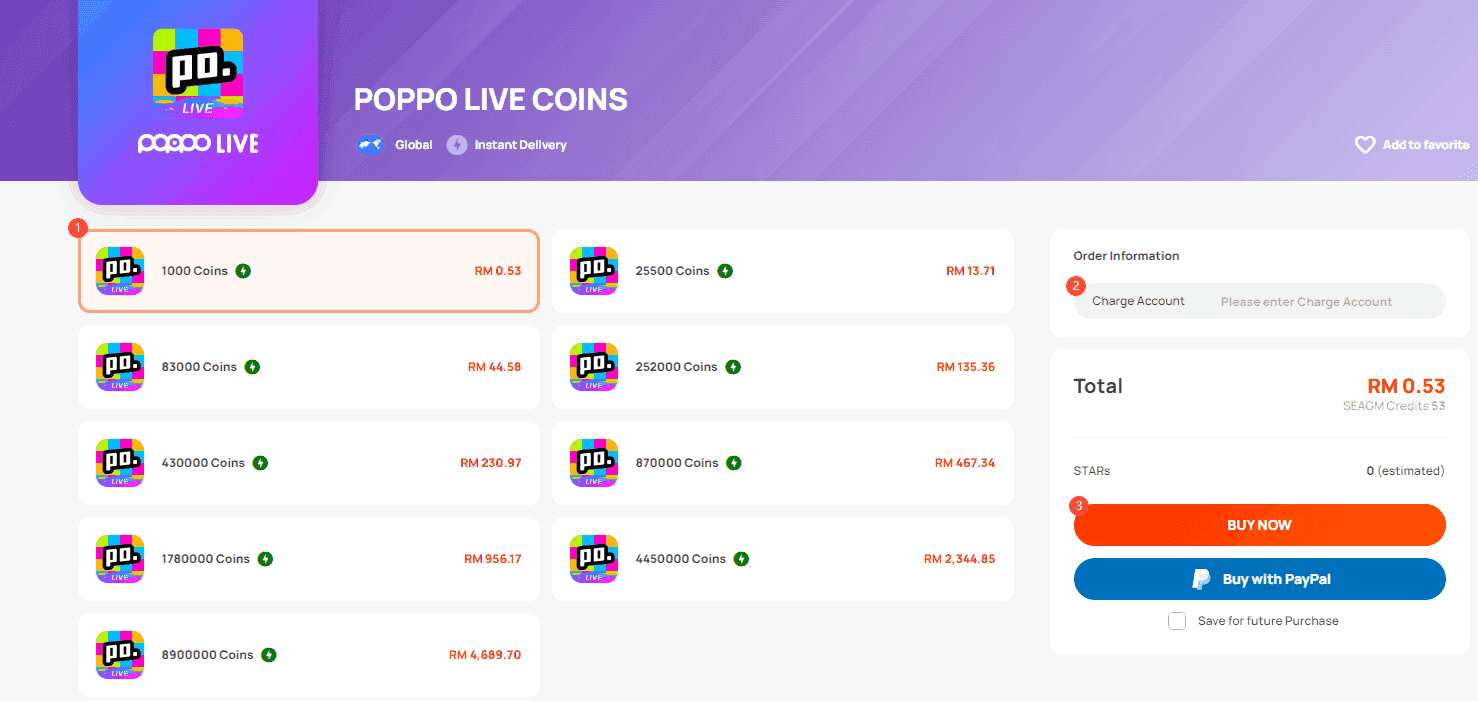
I’ve seen cases where users got hit with 6 unauthorized charges within a single minute. That’ll definitely set off some security protocols.
Banks hate rapid-fire transaction attempts. Makes sense from their perspective – it looks sketchy. Before you start troubleshooting, double-check your transaction details. Sounds basic, but you’d be surprised how often the issue is just incorrect amounts or wrong payment methods.
For persistent problems, Poppo payment failed fix solutions through BitTopup platform offer a solid alternative. Better success rates, comprehensive customer support – basically what you wish the official channels provided.
Bank-side issues get messy fast. Security holds, international transaction blocks, account restrictions that require you to actually call your bank (ugh). App-side problems are different beasts entirely – server connectivity issues, regional app store restrictions, platform payment processing limitations. Those 404 Not Found errors? That’s usually server problems, and your first move should be checking your internet connection and clearing the app cache.
International users – you know the pain. Region Not Supported errors everywhere because of licensing agreements and regulatory compliance. It’s not personal; it’s just business limiting payment processing to specific regions.
Currency conversion adds another layer of complexity. Poppo Live prices coins in USD/EUR, so if you’re international, you’re paying extra bank charges whether you like it or not. Meanwhile, popular local systems like GCash (Philippines), STC Pay (Saudi Arabia), or convenience store payments (Taiwan) remain frustratingly unavailable through official channels.
Fixing Card Declines: Your Step-by-Step Battle Plan
Systematic troubleshooting isn’t just smart – it’s essential for avoiding account suspension while maximizing your chances of success.
Start with the basics. Check your bank account balance, but don’t forget about pending transactions that might be eating into your available funds. Some banks are sneaky about this – they’ll place temporary holds on international or online transactions, reducing your available balance beyond what you can see in pending charges.
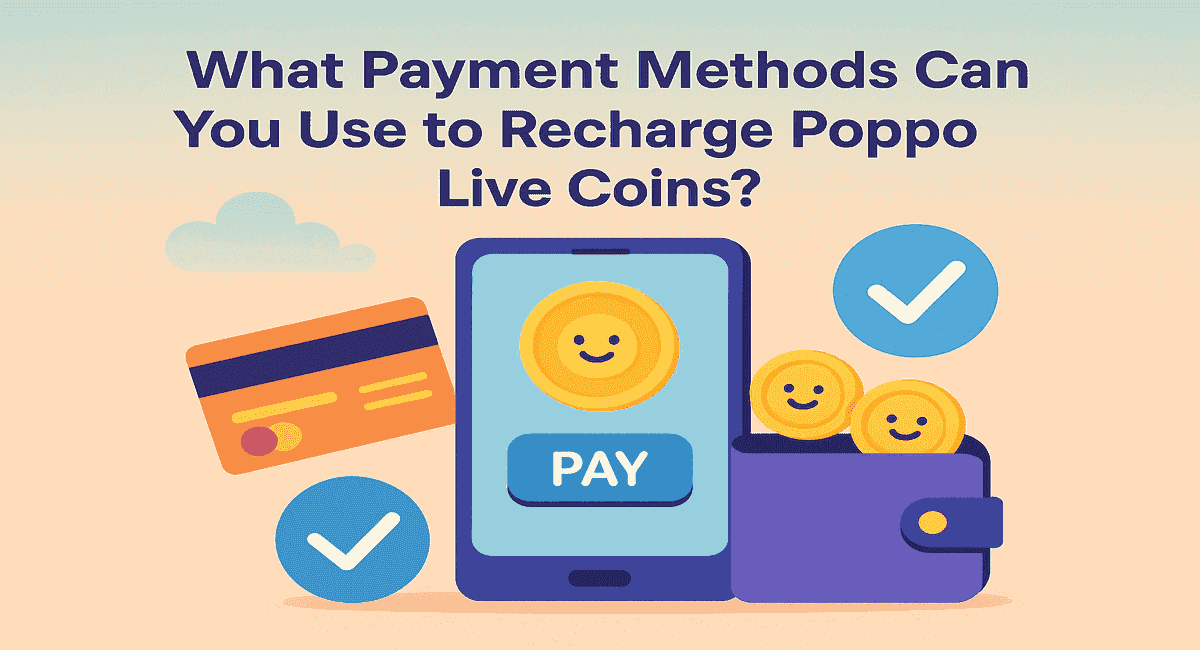
Next move: contact your bank. I know, nobody wants to sit on hold, but you need to verify your account status and ask about holds or restrictions on online gaming transactions. Many banks automatically block entertainment purchases as fraud prevention. It’s annoying, but it’s reality.
If your funds are good but transactions keep failing, time to try alternative payment methods. Different cards, digital wallets – mix it up.
Expired cards are low-hanging fruit. Update them immediately across all platforms that store your payment info. Here’s a pro tip: update your payment details in your device’s app store settings (Google Play/Apple App Store) before attempting purchases. These platforms cache payment information and don’t always refresh automatically. Make sure your new card info includes correct expiration dates, CVV codes, and billing addresses that match your bank records exactly.
Billing address mismatches cause more failures than you’d think, especially for international users. Address formats vary wildly between countries, and what makes sense locally might not work with payment processors. Use the address format that appears on your bank statements rather than local postal conventions. Payment processors verify against bank-registered information, not local standards.
For international cards, use English address translations if your bank maintains multilingual records. It’s one more hoop to jump through, but it works.
3D Secure Authentication: Making It Actually Work
3D Secure adds security layers, which is great in theory. In practice? It’s a frequent source of failures when it’s not configured properly.
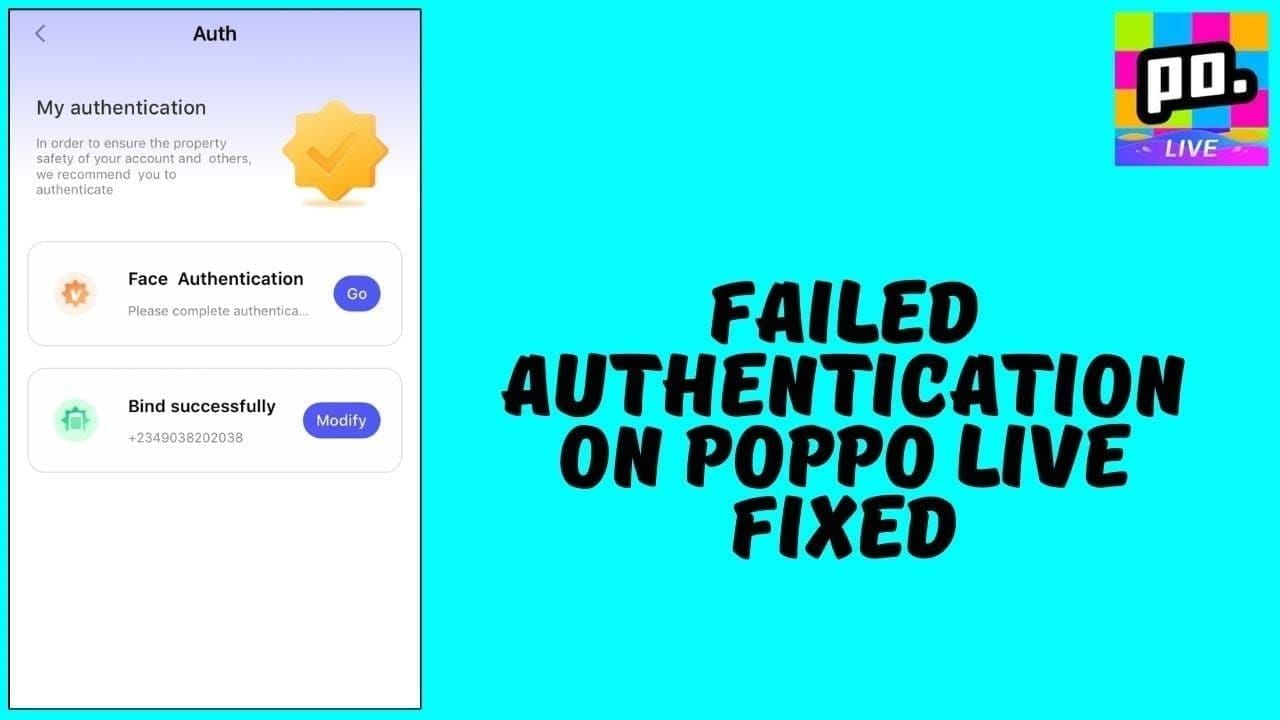
First things first – contact your bank to enable 3D Secure if it’s not already activated. Most major banks offer this through online portals or mobile apps. The catch? You need to verify that your registered phone numbers and email addresses are current. 3D Secure relies on these for authentication codes, so outdated contact info equals failed payments.
3-D Secure Poppo recharge help through BitTopup platform handles authentication properly and provides dedicated support for resolving 3D Secure complications. Test the functionality with small transactions before going for larger purchases – you want to make sure the authentication flow works correctly across your devices and browsers.
Authentication failures often come down to browser compatibility issues, popup blockers, or mobile app restrictions that prevent proper 3D Secure dialog display. Temporarily disable popup blockers during payments and make sure JavaScript is enabled. Clear your browser cache and cookies before retries – stored authentication data can conflict with current verification requirements.
Mobile devices present unique challenges. App sandboxing and limited browser functionality within payment flows can mess things up. Desktop browsers offer more reliable authentication experiences with full popup support and better script compatibility. When mobile authentication consistently fails, switch to desktop, especially for initial setup or troubleshooting persistent issues.
Safe Payment Retry Strategies: Timing Is Everything
Strategic retry timing prevents account suspension while maximizing your success probability. Wait 5-10 minutes between retry attempts – this gives payment systems time to reset and helps you avoid triggering fraud detection algorithms. For persistent failures, extend waiting periods to 30 minutes, particularly for international transactions that need additional processing time.
Here’s a hard rule: limit retry attempts to three per 24-hour period. Excessive failed attempts trigger automatic security protocols that require manual intervention to resolve. Document each attempt – error messages, timestamps, payment methods – for support services.
Switch payment methods after two failed attempts with the same card. Don’t keep banging your head against the same wall. Alternative approaches often bypass specific technical issues affecting individual cards. Consider alternative payment methods immediately when you encounter regional restrictions or currency conversion issues – these indicate systemic problems that won’t resolve with retries.
Digital wallets like PayPal often succeed when direct card payments fail. They provide additional verification layers and use different payment processing networks. Third-party platforms frequently offer superior success rates compared to official app stores, particularly for international users facing regional limitations.
Alternative Top-Up Methods When Cards Just Won’t Work
PayPal integration provides reliable alternatives for users experiencing direct card payment issues. Plus, you get buyer protection that direct card payments lack – always a nice safety net.
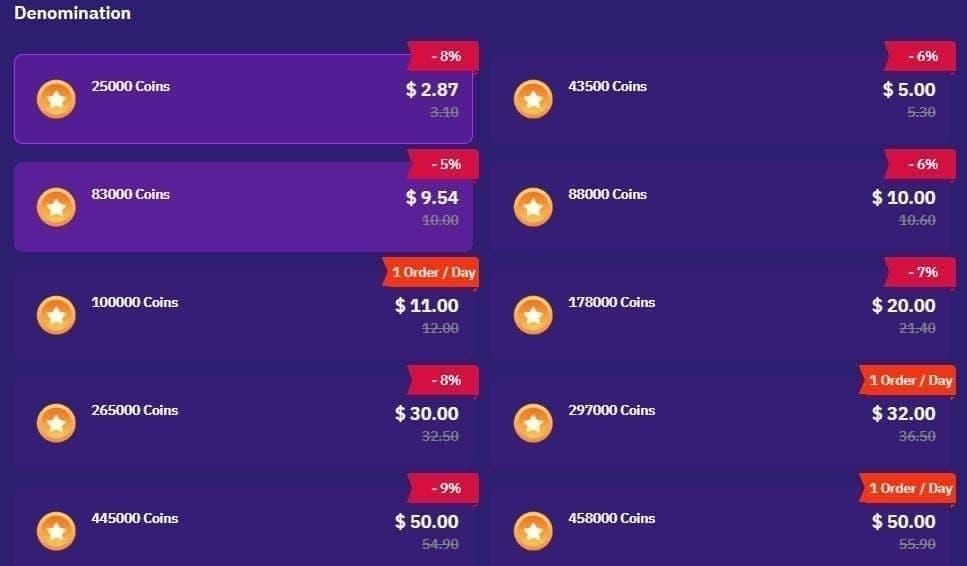
Regional digital wallets are game-changers. Alipay, WeChat Pay, LINE Pay – these serve specific markets with localized processing that avoids international transaction complications entirely. Mobile payment systems like Apple Pay and Google Pay use tokenization technology that often succeeds when direct card entry fails.
Prepaid gift cards offer anonymous payment options that bypass bank restrictions and international limitations. Purchase gift cards from authorized retailers using cash or alternative methods, then redeem for Poppo Live coins. App store gift cards (Google Play/Apple App Store) enable indirect purchases through official channels while avoiding direct bank card usage.
Local payment methods provide superior success rates and lower costs compared to international card processing. GCash (Philippines), STC Pay (Saudi Arabia), and Mada cards offer region-specific solutions that bypass international complications. Convenience store payment systems in Taiwan and Japan enable cash-based top-ups without requiring bank cards at all.
Bank transfer options provide direct account-to-account transfers that avoid card processing limitations while offering better exchange rates for international transactions. These methods particularly benefit users whose banks consistently block gaming transactions.
Bank-Specific Solutions: Know Your Card Issuer
Visa cards frequently encounter international gaming transaction issues due to enhanced fraud detection. Contact Visa customer service to whitelist gaming merchants and authorize international transactions. Visa’s Verified by Visa system requires proper enrollment and current contact information for authentication processes.
Mastercard’s SecureCode authentication requires active enrollment and regular verification updates. Make sure your registration stays current with valid phone numbers and email addresses. Mastercard implements geographic spending controls that potentially block international transactions by default – contact your card issuer to enable international online purchases.
Local banks implement stricter controls on international gaming transactions compared to major international issuers. Contact customer service to discuss gaming purchase policies and request authorization for specific merchant categories. Some regional banks require advance notification for international online purchases, particularly for amounts exceeding daily limits.
Banking regulations in certain countries restrict or prohibit gaming transactions entirely. Verify local regulations and bank policies before attempting transactions that may violate regional restrictions. Better to know upfront than deal with frozen accounts later.
International Payment Troubleshooting: The Cross-Border Challenge
Currency conversion fees hit hard – banks typically charge 2-4% conversion fees plus fixed international charges. Real-time exchange rate fluctuations can cause payment failures when amounts change between authorization and processing. Use payment methods that lock exchange rates at authorization time when possible.
Many banks implement default blocks on international gaming transactions as fraud prevention, especially for new accounts or cards without prior international usage. Geographic spending controls restrict transactions to specific countries/regions, requiring manual authorization for Singapore-based merchants like Poppo Live’s parent company VSHOW PTE. LTD.
VPN usage can trigger additional security protocols or cause failures when your detected location differs from your registered billing address. Disable VPN services during payment attempts to ensure location consistency. Geolocation verification systems compare device location with billing information, potentially blocking transactions when discrepancies exist.
Some payment processors implement IP address verification that conflicts with VPN or proxy services. Use direct internet connections without intermediary services for optimal payment processing compatibility.
Payment Security & Fraud Prevention: Protecting Yourself
Enable Two-Factor Authentication (2FA) on your Poppo Live account to prevent unauthorized access that leads to fraudulent purchases. Use trusted payment platforms with established security records rather than unofficial websites promising unrealistic discounts. Those deals that seem too good to be true? They usually are.
Monitor your transaction history regularly. I mentioned earlier the case involving 6 unauthorized charges within a single minute – that’s the kind of thing you want to catch immediately.
Bank fraud alerts may block legitimate transactions, requiring manual authorization to complete purchases. Contact your bank immediately when fraud alerts prevent legitimate transactions, providing transaction details and merchant information. Whitelist gaming merchants with your bank to prevent future interruptions.
Never share login credentials or banking information outside secure payment gateways. Regularly update passwords and security information for both your Poppo Live account and payment methods. Use unique, strong passwords that differ from your other online accounts to prevent credential-based attacks.
When to Contact Support: Your Escalation Strategy
Gather comprehensive transaction information before contacting support. You’ll need: Account ID, Transaction ID, payment method details, error messages, and timestamps. Screenshot error messages and payment confirmations for visual evidence. Prepare alternative contact information and payment methods for verification purposes.
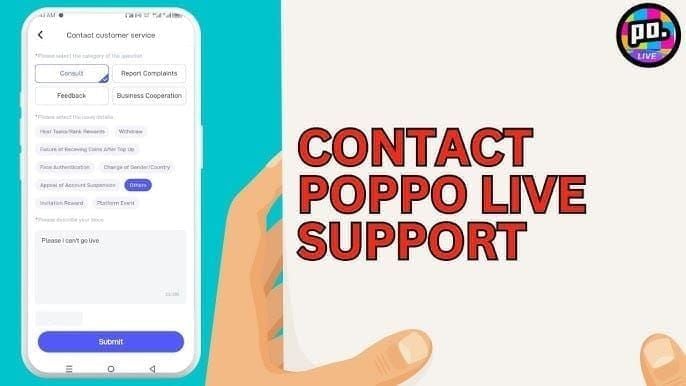
Here’s the reality check – Poppo Live support response times vary significantly. Some users report delays or unresponsive service. Third-party platforms often provide faster response times and more comprehensive payment support. Document all support interactions including ticket numbers, representative names, and resolution steps attempted.
Monitor your support ticket status regularly and respond promptly to information requests. Escalate unresolved issues to higher support levels when initial responses prove inadequate. Consider alternative resolution approaches when official support proves unresponsive – third-party platforms often provide superior support experiences.
Prevention Strategies: Avoiding Future Headaches
Maintain current contact information with Poppo Live and your payment providers to ensure authentication systems function properly. Regular password updates and security reviews protect against unauthorized access while ensuring systems remain current. Monitor account activity regularly for unauthorized transactions or suspicious activity.
Maintain multiple verified payment methods. Having alternatives when your primary method encounters difficulties is a lifesaver. Update payment information promptly when cards expire or account details change. Test payment methods periodically with small transactions to verify functionality before larger purchases.
Verify that billing address information matches bank records exactly. Update details when addresses change. Confirm 3D Secure enrollment and authentication preferences remain current with updated contact information. Review bank security settings and merchant authorization preferences to ensure gaming transactions receive appropriate approval.
Frequently Asked Questions
Why does my card keep getting declined on Poppo Live? Card declines usually result from bank security protocols, insufficient funds, expired cards, or billing address mismatches. Banks automatically block international gaming transactions as fraud prevention. Contact your bank to authorize gaming merchants and verify your account status.
How do I fix 3D Secure errors on Poppo Live? Contact your bank to verify 3D Secure enrollment and update phone numbers/email addresses for authentication delivery. Use desktop browsers instead of mobile apps, disable popup blockers temporarily, and clear browser cache before retries.
Is it safe to retry failed payments on Poppo Live? Wait 5-10 minutes between attempts and limit retries to three per 24-hour period to avoid triggering fraud detection. Switch payment methods after two failed attempts rather than continuing with problematic cards.
What payment methods work best for Poppo Live top-ups? Digital wallets like PayPal provide better success rates than direct card payments. Regional methods including GCash, STC Pay, and Alipay offer localized processing that bypasses international complications. Third-party platforms support broader payment ranges than official app stores.
How long should I wait before retrying a failed payment? Wait 5-10 minutes between initial retries, extending to 30 minutes for persistent failures. Monitor your bank account for pending charges before retry attempts – failed transactions sometimes create temporary holds affecting available balances.
Why is my bank blocking Poppo Live transactions? Banks automatically block international gaming transactions as fraud prevention, particularly for new accounts without prior international usage. Contact your bank to whitelist gaming merchants and authorize international transactions for permanent approval.


















